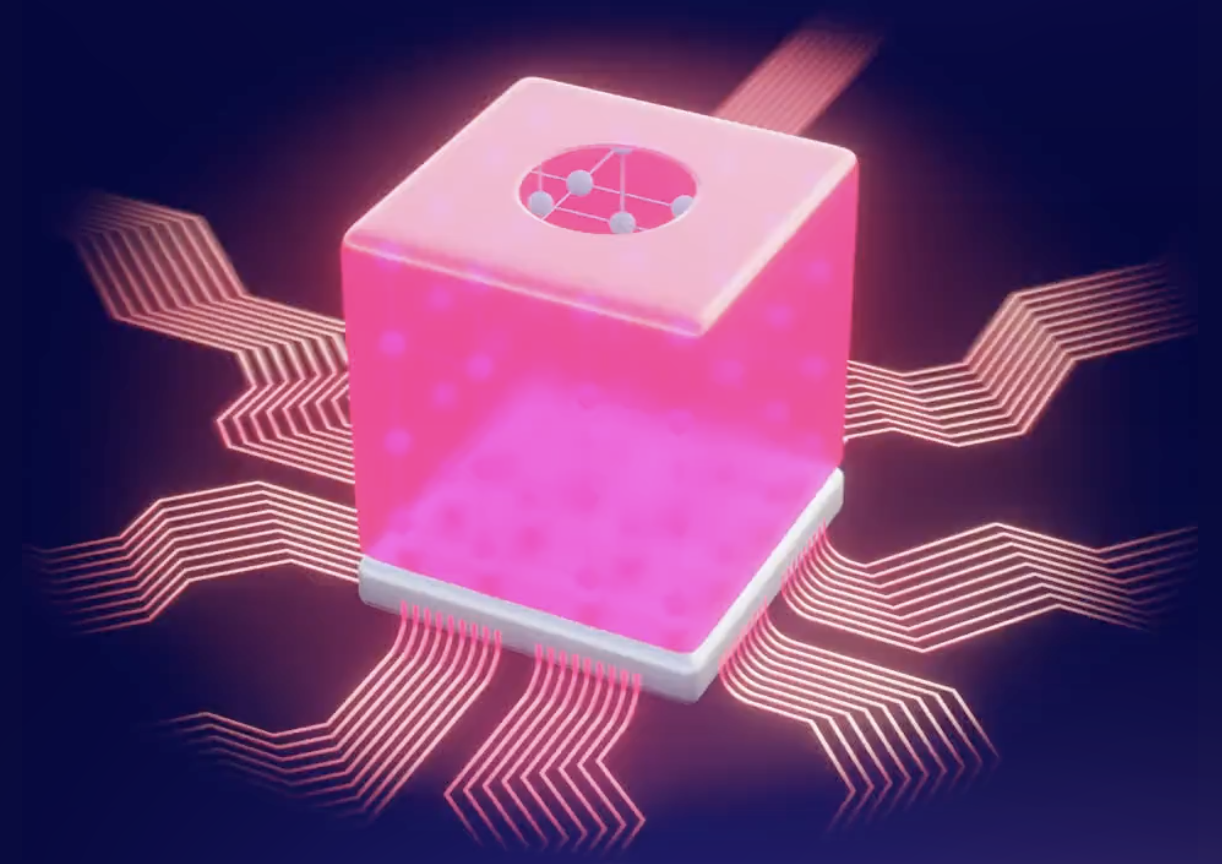Insider Brief
- Planckian and partners are working to develop more scalable superconducting quantum processors by combining academic research and industrial innovation within Italy’s quantum ecosystem.
- Planckian’s new chip design allows multiple qubits to share control lines, reducing cryogenic complexity, and will be tested at QTLab’s advanced facilities.
- The collaboration aims to position Italy as a leader in quantum technologies and supports the country’s broader national Quantum Technologies Strategy.
PRESS RELEASE — A new partnership between two of Italy’s leading quantum technology players aims to develop a new generation of quantum processors that are easier to scale and simpler to manage.
The agreement brings together Planckian, an Italian quantum computing company founded in 2023 as the first joint spin-off of the University of Pisa and Scuola Normale Superiore, and QTLab, the Quantum Computing Center at the University of Naples Federico II, home to Italy’s most powerful superconducting quantum computer (25 qubits).
The agreement marks a significant step forward in fostering collaboration between academia and industry within Italy’s growing quantum ecosystem, combining world-class scientific expertise with entrepreneurial innovation and advanced technological infrastructure.
Through this collaboration, Planckian’s innovative quantum processor will be tested and validated also at QTLab’s state-of-the-art cryogenic facilities. The two partners will also explore the launch of joint research programs.
Tackling Scalability
One of the greatest challenges in advancing quantum computing is scalability: moving from today’s small-scale systems to quantum computers with millions of qubits.
In superconducting quantum processors, which operate at temperatures near absolute zero, control wiring is a key bottleneck. Currently, each qubit typically requires 2–3 control lines, which generate heat, increase error rates, and add complexity and cost to cryogenic systems.
Planckian is pioneering chip designs that allow multiple qubits to share a single control line dramatically reducing wiring requirements and improving the efficiency and scalability of superconducting quantum computers.
This new partnership provides a critical platform for testing and accelerating these innovations within QTLab’s cutting-edge facilities.
Strategic vision
“This partnership is a prime example of how Italy’s innovation ecosystem can drive progress by bridging world-class academic research with cutting-edge industrial development,” said Michele Dallari, CEO of Planckian. “The expertise of the University of Naples Federico II will play a key role in accelerating the advancement of our next-generation quantum processors.”
“Italy is uniquely positioned to become a European leader in quantum computing,” added Francesco Tafuri, head of the QTLab Quantum Computing Center at the University of Naples Federico II. “This collaboration demonstrates how a strong alliance between academia and industry can foster a dynamic ecosystem that attracts global investment and retains top talent.”
The collaboration also strengthens a strategic bridge between Pisa and Naples, two Italian hubs with internationally recognized expertise in physics and quantum technologies. Together, the partners aim to help position Italy as a key player in the global quantum computing race and contribute to the country’s national Quantum Technologies Strategy.


0 Comments